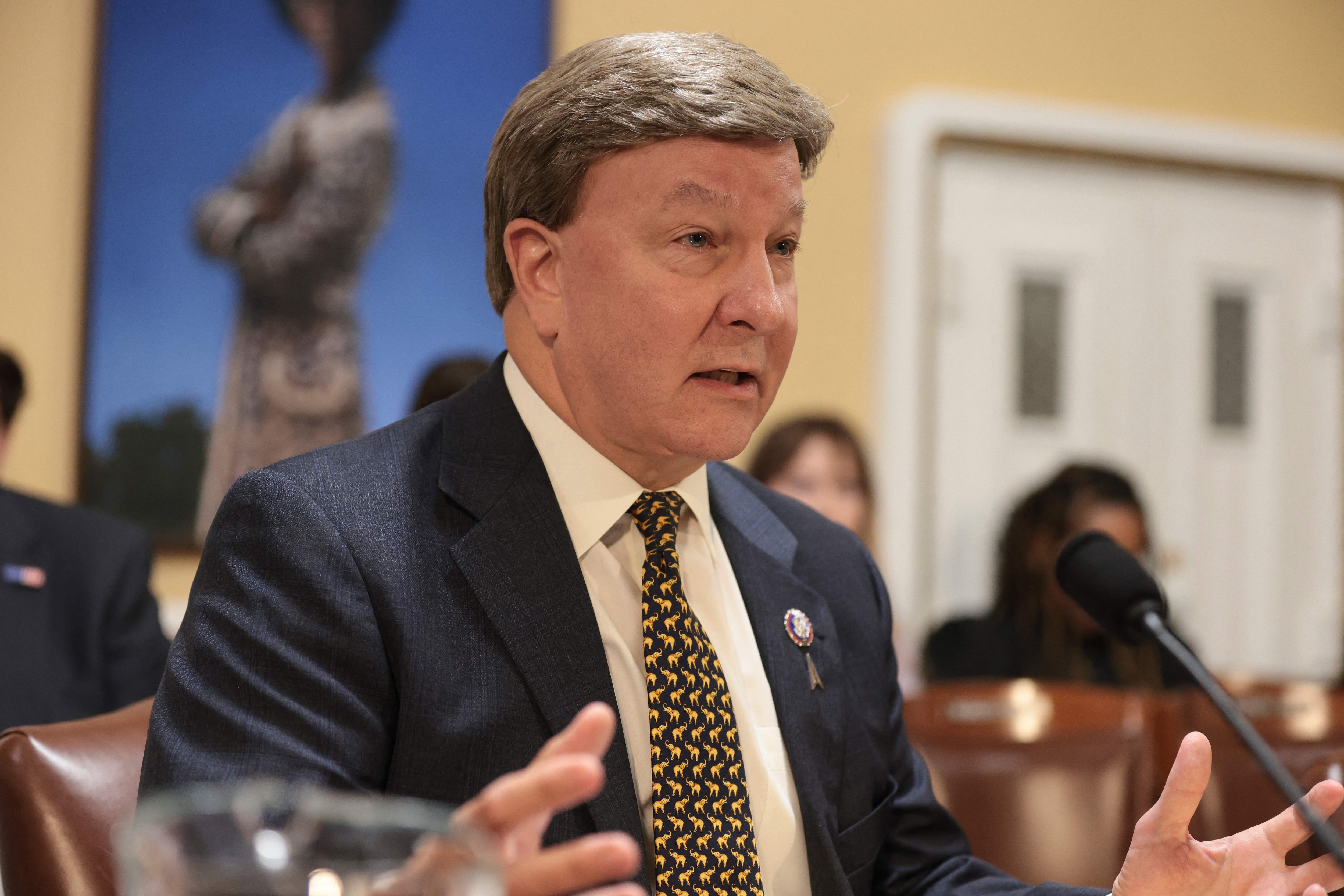When Democrats take control of the House of Representatives in January, expect a continuation of the current federal cybersecurity agenda on Capitol Hill with slight modifications.
Both houses of Congress will be tasked with overseeing President Donald Trump’s new cyber strategy, which has been trumpeted by administration officials for taking more offensive cyber operations and bolstering the federal government’s cyber defenses.
“IT modernization will always remain a top priority no matter who is in control because it is a legacy priority,” Robert Ferrell, a vice president at World Wide Technology and former Army CIO told Fifth Domain. “There is a huge demand to fix things" on both sides of the aisle.
Rep. Robin Kelly, D-Ill., ranking member of the House’s IT oversight subcommittee, said in a statement to Fifth Domain that her priorities in Congress are “enhancing cybersecurity, holding Administrations accountable, protecting families’ privacy and preparing our workforce for the jobs.”
Kelly has also been a proponent of workforce training and re-training, greater access to government data, and confronting Chinese innovation in AI.
Kelly said she hopes Democrats focus on the impact that artificial intelligence can have when her party is in control.
In September 2018, the IT subcommittee released a report on how artificial intelligence could impact U.S. policy, which called “for the federal government to increase federal spending on research and development to maintain American leadership with respect to AI.” In short, lawmakers were worried artificial intelligence could increase the severity of cyberattacks. Previously, she said she wants to ensure security measures for internet-connected devices like webcams comes “baked in.”
Although committee assignments will not be handed out for weeks, if Kelly were to take the gavel in the subcommittee, there is not likely to be a major shift in federal cybersecurity priorities from the previous Congress.
Kelly worked closely with the subcommittee’s current chairman, Rep. Will Hurd, R-Tex., who narrowly won his re-election bid. The two are friends and will likely continue to lead bipartisan efforts together. In September, Kelly and Hurd introduced legislation to help streamline federal IT and codify the position of the federal chief information security officer.
“When it comes to cybersecurity, we cannot afford to let good policy sit on the shelf because of whose name is on the sponsor line,” she wrote in a January 2018 editorial.
Justin Lynch is the Associate Editor at Fifth Domain. He has written for the New Yorker, the Associated Press, Foreign Policy, the Atlantic, and others. Follow him on Twitter @just1nlynch.








